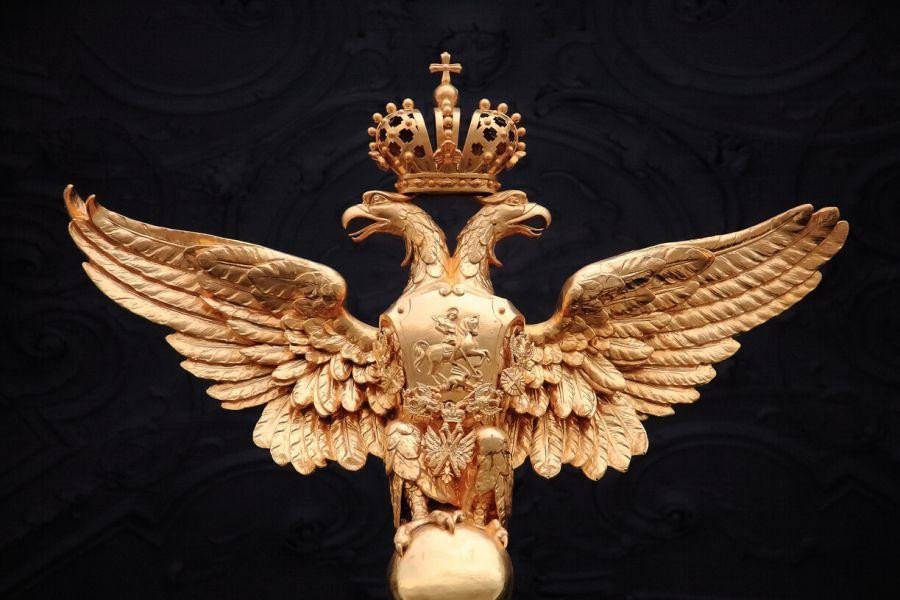[ad_1]

The Russian cabinet has reportedly thrashed out an agreement with the Central Bank on the matter of cryptoassets. Widespread media reports from the likes of Kommersant, as well as Cnet claimed that the agreement would see a draft law rolled out by February 18.
Although the draft document will reportedly see a slew of tight restrictions imposed on crypto ownership and circulation – with crypto exchanges brought under a strict regulatory umbrella – the document is set to define crypto as a type of “currency analog,” instead of a “digital financial asset.”
However, although much of the international crypto community has been enthused by the news, there may cause for some degree of caution.
The development is a far cry, it would seem, from El Salvador’s decision to adopt bitcoin (BTC) as legal tender, for example.
Russian lawmakers have been deadlocked over the issue of crypto regulation for several years, chiefly because many forces in the government – particularly the Ministry of Finance – favor a more relaxed approach to regulation, while the Central Bank has repeatedly called for a blanket crypto ban.
This impasse has left the legal system in limbo, with politicians and judiciary members uncertain how crypto should be defined. Previous legal documents have made reference to crypto as a form of “intangible property” and vague terms like “digital assets” and “digital financial assets” have been used to define coins such as BTC.
Russian politicians and legal experts have agreed that these terms are lacking in clarity, and have urged the government to approve legally binding definitions for terms including “blockchain,” “cryptography,” “crypto mining” – as well as “cryptoassets.” As such, it appears that calling crypto a “currency analog” has more to do with legal-minded semantic gymnastics than any kind of bullish crypto adoption drive.
The cabinet’s agreement with the Central Bank may have been brought about after direct intervention from President Vladimir Putin, who earlier this year made reference to Russia’s crypto-related “resources” (namely a large amount of developers and ample surplus electricity). But Putin’s previous comments on crypto, while sometimes somewhat optimistic, have remained guarded.
And the regulatory framework reportedly agreed by the cabinet and the Central Bank may look eerily familiar for anyone who has studied the path taken by regulators in regions such as Europe and East Asia.
The draft bill will seek to stamp out anonymity in the crypto sector, by forcing crypto exchanges to fully identify their customers and their transactions via the domestic banking system and licensed financial intermediaries.
Individuals seeking to buy or sell crypto will have to “disclose their full names, phone number, passport details, as well as bank account details and email addresses” to banks, the media outlets reported.
If adopted, the bill would also seek to criminalize unreported crypto transactions worth over USD 8,000 and impose punitive fines on any firm or individual who accepts crypto as a form of payment.
Crypto payments were outlawed in what still remains Russia’s only piece of crypto legislation to date, but courts have been powerless to impose a strict form of punishment on anyone caught breaking this law.
The measures would force all crypto exchanges and brokerages to register with a central body – and would force all overseas trading platforms to either obtain operating permits or close down their Russian operations.
The central body in question would comprise representatives of six regulatory bodies, including two ministries, the Central Bank, the Prosecutor General’s Office, and the Federal Tax Service.
___
Learn more:
– Russia Plans Up To USD 13.3B In Crypto Taxes
– 2022 Crypto Regulation Trends: Focus on DeFi, Stablecoins, NFTs, and More
– Putin Talks up Russia’s Crypto Credentials as Ukraine Tension Mount
– BitMEX Boss: El Salvador-style Bitcoin Adoption on the Cards for 5 More Nations
___
(Updated at 08:12 UTC with additional details.)
[ad_2]
cryptonews.com




